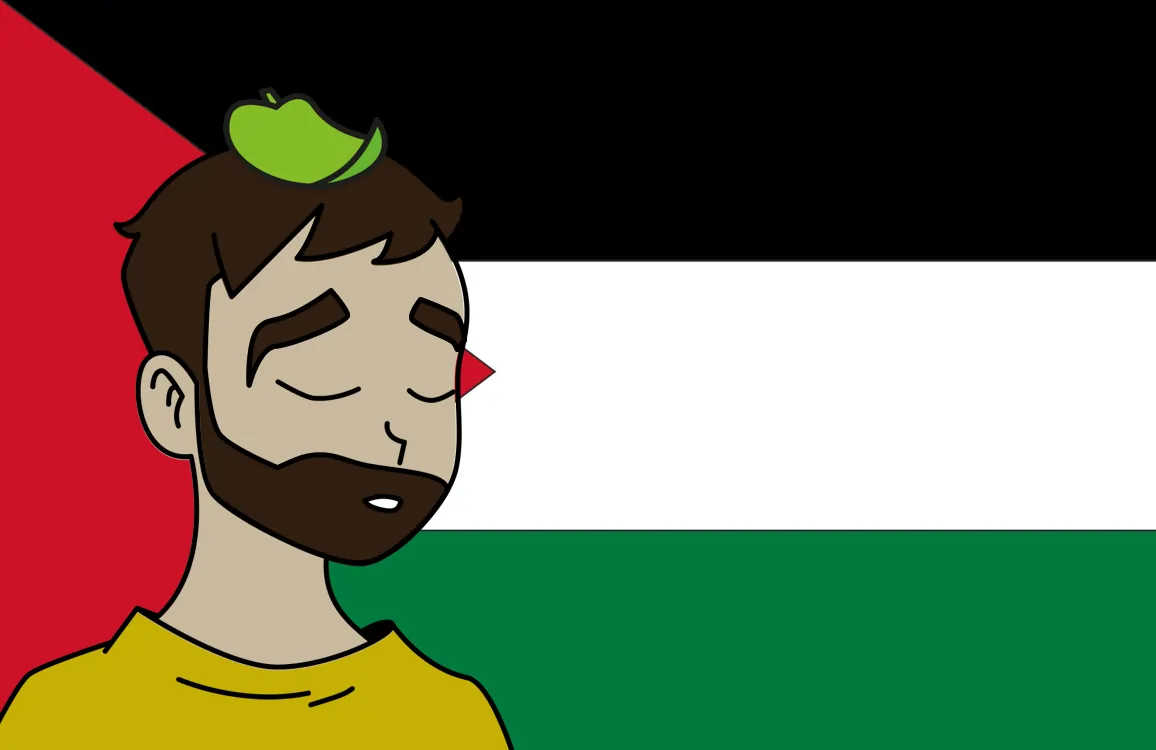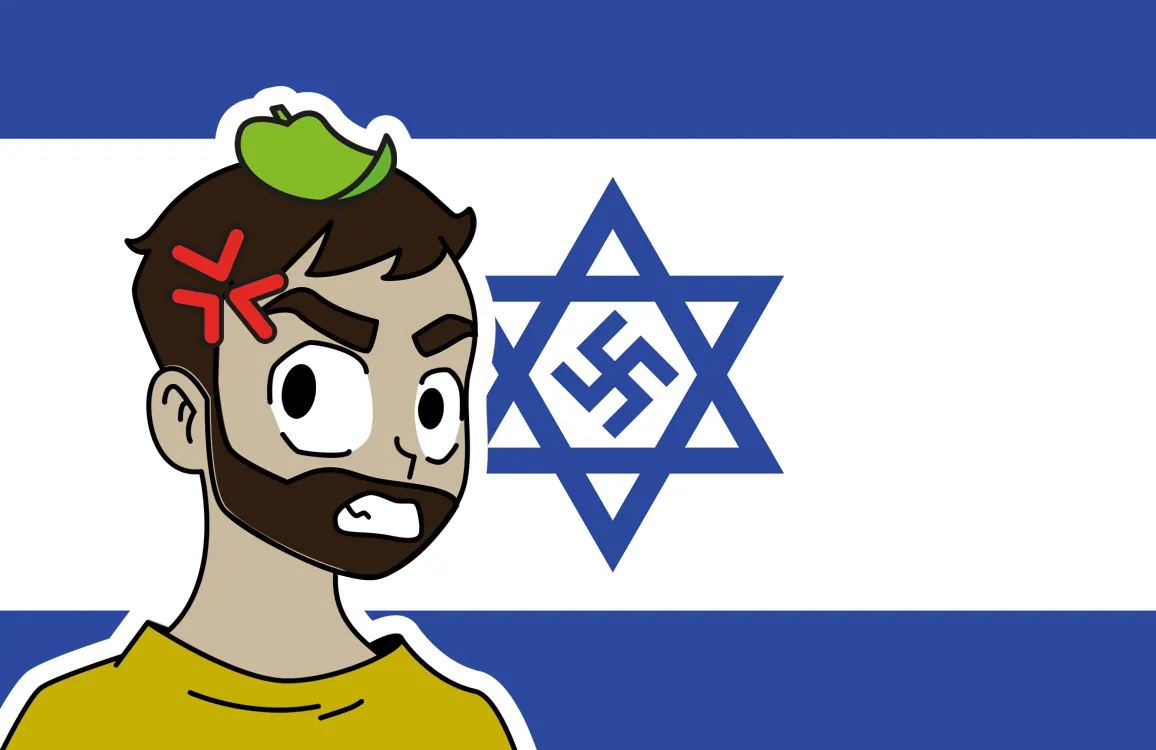Genocide in Gaza: Reasons, Legal Framework and Ways to Boycott Israel

The conflict in Gaza has escalated to unprecedented levels, with accusations of genocide by Israel against the Palestinian people. This article analyzes the reasons behind these accusations, the legal framework that supports them, and effective forms of economic boycott to pressure for change against genocide. The information is based on reports from the United Nations and human rights organizations.
Why is Israel committing genocide in Gaza?
Historical and political context:
- Prolonged occupation: Gaza has been under Israeli occupation for decades, with severe restrictions on mobility, economy, and access to basic resources.
- Expansionist ideology: Sectors of the Israeli government promote an ideology that seeks the expulsion of the Palestinian population and their replacement by Israeli settlers.
- Response to October 7, 2023: The Hamas attack on Israel was used as justification for a massive military campaign, but Israel’s actions have been disproportionate and directed against civilians.
Specific actions with genocidal intent:
- Mass killings: More than 64,000 Palestinians have been killed, the majority civilians, including women and children.
- Starvation as a weapon of war: Israel has imposed a total blockade that has caused widespread famine, depriving the population of food, water, and medicine.
- Destruction of critical infrastructure: Hospitals, schools, universities, and water systems have been systematically destroyed, making life unsustainable in Gaza.
- Prevention of births: Attacks on fertility clinics and measures to prevent births, such as the destruction of embryos and sperm samples.
Statements of intent:
- Incitement to genocide: Senior Israeli officials, including Prime Minister Benjamin Netanyahu, President Isaac Herzog, and former Defense Minister Yoav Gallant, have made statements inciting the destruction of Palestinians. For example, Gallant referred to Palestinians as “human animals”.
Why is it considered genocide?
International legal framework:
The 1948 Genocide Convention defines genocide as acts committed with intent to destroy, in whole or in part, a national, ethnic, racial, or religious group. These acts include:
- Killing members of the group.
- Causing serious bodily or mental harm.
- Deliberately inflicting conditions of life intended to bring about physical destruction.
- Measures to prevent births.
- Forcibly transferring children.
Application to Gaza:
- Demonstrated intent: Statements by Israeli leaders and the pattern of violence indicate an intent to destroy Palestinians in Gaza.
- Confirmed genocidal acts: UN reports detail how Israel has committed at least four of the five acts defined in the Convention.
- Ignoring international orders: Israel has disobeyed the orders of the International Court of Justice (ICJ) to halt its military campaign and allow humanitarian access.
Effective ways to boycott Israel
BDS Movement (Boycott, Divestment and Sanctions):
The BDS movement is a global nonviolent campaign inspired by the struggle against South African apartheid. Its goal is to pressure Israel to comply with international law and stop committing this genocide in Gaza.
Consumer boycott:
- Israeli agricultural products:
- Avoid fruits and vegetables labeled “Made in Israel” (for example, brands such as Jaffa, Mehadrin, Carmel).
- Medjoul dates: Many are grown in illegal settlements in the West Bank. Brands to avoid: Jordan River, King Solomon.
- Products from complicit companies:
- SodaStream: Operates in illegal settlements.
- Ahava and Premier: Cosmetics produced in illegal settlements.
- Teva Pharmaceuticals: The largest Israeli pharmaceutical company, which profits from the blockade of Gaza.
- Complicit international companies:
- Carrefour: Supports Israeli soldiers and operates in settlements.
- Siemens and AXA: Invest in Israeli infrastructure in occupied territories.
Divestment and institutional pressure:
- Banks and investment funds: Pressure them to withdraw investments from companies facilitating Israeli occupation (for example, Barclays, Chevron).
- Governments and institutions: Demand the exclusion of complicit companies from public contracts (for example, CAF, which builds trains in settlements).
Digital actions and activism:
- Technological boycott: Avoid Israeli technology companies such as NSO Group (creator of the Pegasus spyware).
- Social media pressure: Campaigns to expose the complicity of companies and governments with the genocide in Gaza.
Conclusion
The genocide in Gaza is a reality documented by international organizations and independent experts. The global response, including economic boycott through the BDS movement, is crucial to pressure Israel to stop these atrocities. As global citizens, we have the power and responsibility to act through conscious consumption, activism, and political pressure.
Solidarity with Palestine.
References:
- United Nations reports:
- https://news.un.org/es/story/2025/09/1540443
- https://www.bbc.com/mundo/articles/cewndz1kdz9o
- https://elpais.com/internacional/2025-09-16/una-comision-de-la-onu-acusa-a-israel-de-genocidio-en-gaza.html
- BDS Movement and boycott guides:
- https://rescop.org/productos/
- https://www.bdz.eus/?page_id=4585&lang=es
- https://bdsmovement.net/es/Guide-to-BDS-Boycott
- Documentation from human rights organizations:
- https://es.m.wikipedia.org/wiki/Genocidio_en_Gaza


